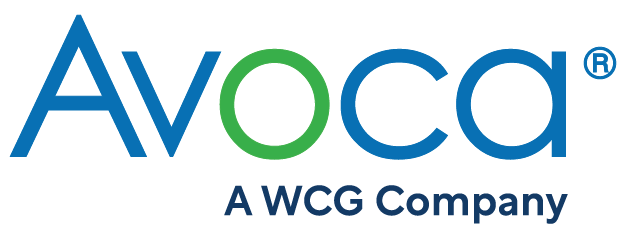What Are Quality Tolerance Limits (QTLs) and Why Are They Important?
In accordance with ICH E6 (R2), the expectations for Quality Tolerance Limits (QTLs) when conducting clinical trials have generated a buzz in the industry. QTLs have historically been required for Good Manufacturing Practice (GMP) activities, inferring limits by which significant actions must be taken to ensure the manufactured product achieves quality and usability limits. With Regulators now using the same terminology for GCP clinical studies, what is truly expected?
ICH E6 (R2) describes in Section 5.0.4: “The Sponsor should decide which risks to reduce and/or which risks to accept. The approach used to reduce risk to an acceptable level should be proportionate to the significance of the risk…Predefined quality tolerance limits should be established, taking into consideration the medical and statistical characteristics of the variables as well as the statistical design of the trial, to identify systematic issues that can impact subject safety or reliability of trial results. Detection of deviations from the predefined quality tolerance limits should trigger an evaluation to determine if action is needed.”
What is a QTL?
A QTL is a level, point, or value associated with a parameter that, when a deviation is detected, should trigger an evaluation to determine if there is a possible systemic issue. A QTL is also a trial-level parameter, not a patient-level parameter. Examples include inclusion/exclusion protocol violations, incomplete/missing endpoint data, and AEs/SAEs of special interest.
What is the difference between a KPI, a KQI, and a KRI?
A KPI is the measure of how well something is being done.
A KQI is a quantifiable measure used to evaluate the success of an organization, employee, etc., in meeting objectives for quality-based parameter performance such as the degree of excellence of something.
A KRI is a measure used in management of the possibility of future adverse impact. KRIs are designed to detect potential compliance issues during clinical development before they become problems.
Why should I care about QTLs?
QTL parameters are absolutely critical to basic trial integrity, patient safety, and the study endpoints. As stated above, ICH E6 (R2) requires that Quality Tolerance Limits be set for each study. Additionally, organizations, their clinical teams, and relevant service providers (e.g., CROs, high-risk technical providers) require alignment on the definitions, requirements, and utilization of QTLs to help establish the key parameters, associated Quality Tolerance Limits, tracking mechanisms/reports, and mitigation strategies for the conduct of clinical trials.
When should QTLs be identified?
QTLs need to be defined at the planning level of the trial in coordination with risk assessment activities.1 The plan should also include strategies for monitoring these parameters, determining the root cause, and addressing any deviations. Modifications to the QTLs during the clinical trial are acceptable as long as sufficient rationale and documentation are provided in both trial documentation and the CSR to justify the changes.
How are QTLs identified?
It is important to define the expectations and variability that are inherent in executing the clinical trial to accurately define the limit that might indicate systemic problems. Therefore, QTLs should be based on:1
1 TransCelerate Biopharma, Inc. Risk-based quality management: quality tolerance limits and risk reporting. 2017.
How many parameters should I set for my QTLs?
The recommended number of parameters is 3 to 5 and should include impact on subject safety and reliability of trial results.
What type of support does Avoca provide for QTLs?
Our subject matter experts (SMEs) provide comprehensive support for planning and implementing QTLs for ICH E6 (R2) compliance, either as individualized study QTL support or as part of overall Quality Management System implementations. We recognize that every company has different needs; therefore, we customize the appropriate support based on your specific requirements.
Examples of support Avoca provides include:
- Baseline Training: A 2-hour virtual web-based training session with client’s identified staff.
- QTL Workshop: For clients who desire more than basic training, includes Option 1, plus a workshop with pre-reads using an actual company protocol or protocol outline. Workshop is conducted where the participants bring their parameters, QTLs, and mitigation strategies for discussion and Avoca provides feedback on understanding of QTLs, parameters, secondary limits, etc., as well as selected parameters. The workshop is done in person with the objective of having a complete set of QTLs and mitigation strategies assigned for a particular study. (Includes Baseline Training)
- QTL Implementation: For those who desire additional assistance in implementing QTL processes, policies, and procedures Avoca can assist in developing organizational SOPs and WIs for developing, tracking, adjusting, and reporting QTLs. (Includes Baseline training and QTL Workshop)
–
–

